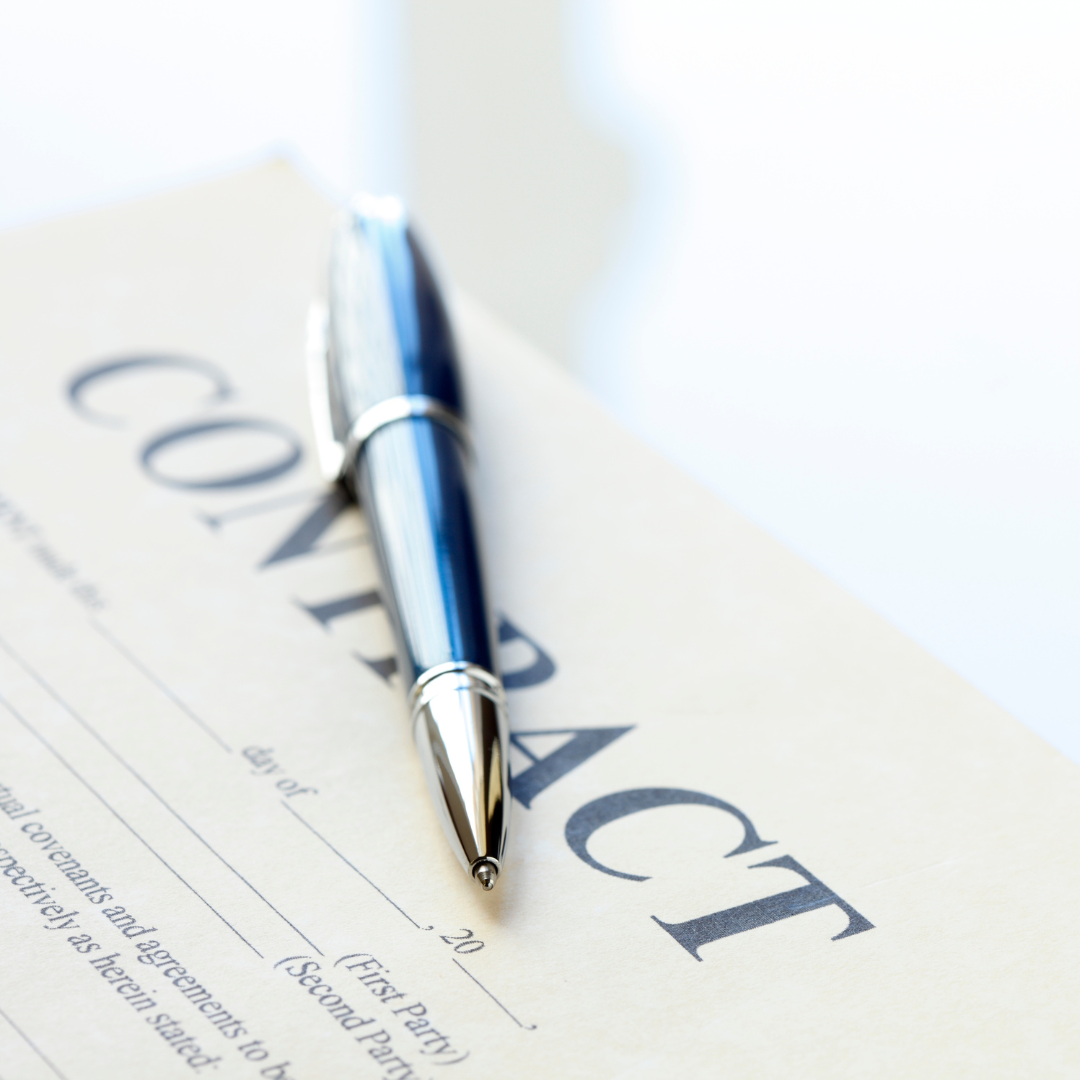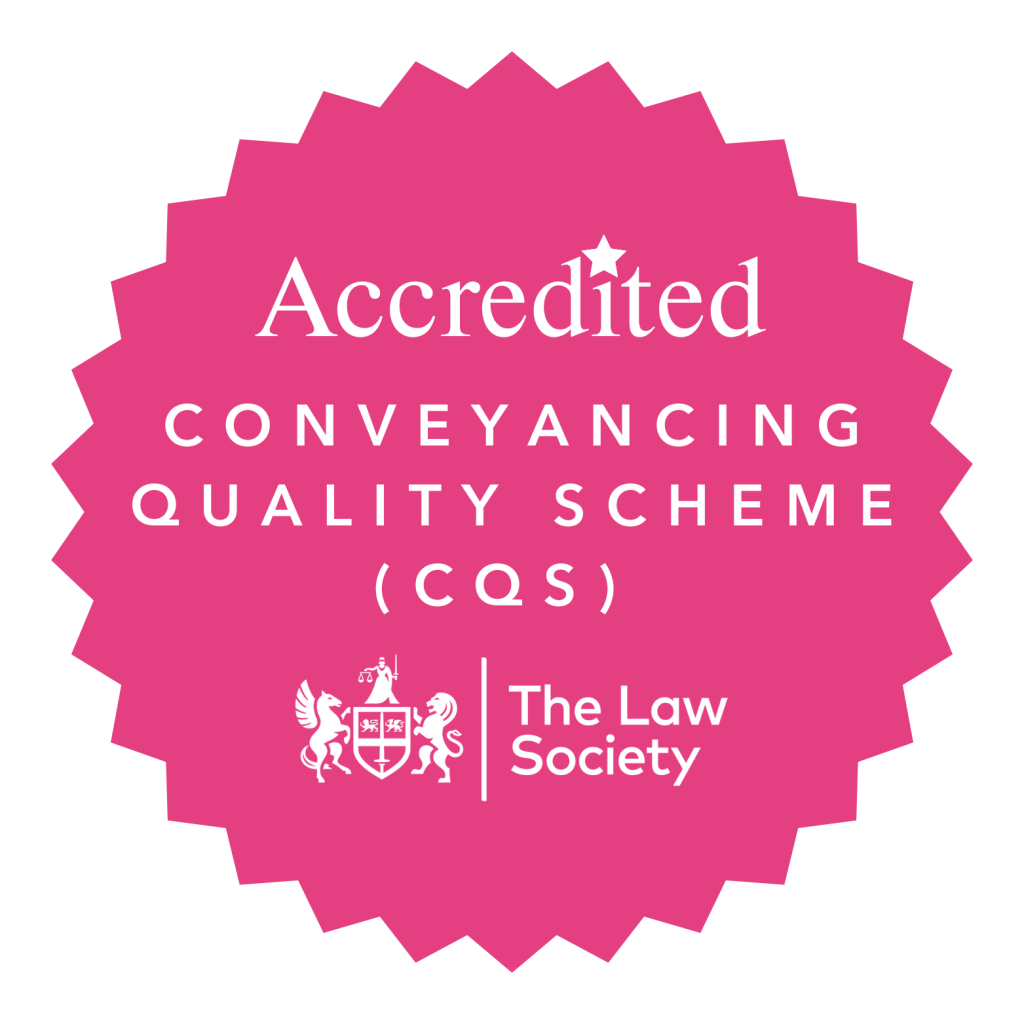Superior service and solutions

Negligence occurs at law when one party breaches its duty of care to another, causing that party reasonably foreseeable damage. Employees can be negligent while carrying out their work and cause loss to third parties. As an employer, are you liable for your employee’s negligence? The answer, like most questions in law, is it depends.
If your employee is negligent while performing a duty as part of their employment, it is likely that you as the employer will be held liable for that negligence under the common law principle of vicarious liability. Vicarious liability is a strict liability action, meaning you can be found liable for your employee’s negligent conduct without any finding of wrongdoing on your part.
What are the policy considerations behind vicarious liability?
The nature of vicarious liability has been driven by a number of policy considerations, including:
- Fairness – that you as an employer are deriving a benefit from your employee’s activities, so should also bear some of the risk involved in those activities.
- Increased standards – that by holding you responsible for your employee’s negligent behaviour, you will be encouraged to do what you can to ensure your employees maintain good practices.
- Greater access to compensation – as an employer, you are more likely to have insurance that would cover the claim and a greater access to funds for compensation purposes.
- Risk – that you have put the employee in the position in which they could be negligent, so have accordingly contributed to the risk of the negligence occurring.
What are some of the things I should consider before accepting vicarious liability?
Before accepting a claim for vicarious liability that relates to negligence, you should first check a number of things. For example:
Was your employee’s conduct definitely negligent?
Vicarious liability for negligence in the workplace can only arise where the employee is negligent. If there is no negligence on the part of the employee, you cannot be vicariously liable for it.
Shared Liability
We recommend checking that there is no third party involved who may share in the liability and from which you could claim a contribution.
Sufficient Connection
It’s important to check if there is a sufficient connection between the employment and the negligence. Vicarious liability in relation to negligence only arises in situations where the negligence occurred while the employee was acting in the course of their employment. If the negligent act occurred outside of work hours, when the employee was doing an activity that was unrelated to their employment, it is unlikely that the negligent act would have sufficient connection to their employment to attract a claim of vicarious liability.
Although the above points provide you with a good starting point if you’re facing a vicarious liability claim, it’s important to note that it’s not an exhaustive list. Business disputes can be complex, and the nature of negligence claims are rarely straight forward.In any claim for vicarious liability, we strongly recommend you seek legal advice as soon as possible as your position will be specific to the case of your business. Expert litigation solicitors such as Labrums Solicitors, will be able to help and advise you through the process.
Am I able to recover my loss suffered under a vicarious liability claim from the employee?
A vicarious liability claim against you does not clear your employee of liability. Due to this, you may be able to seek recovery of some of your loss under a vicarious liability claim from the employee pursuant to the Civil Liability (Contribution) Act 1978. A legal expert can support you through this process.
The negligent conduct may also result in a breach by the employee of their employment contract with you. If this is the case, you have the option of suing the employee for your damages through a breach of contract claim.

Need advice on vicarious liability? Contact us
The lawyers at Labrums have significant experience in litigation, and business dispute resolution. We would be happy to assist you should you have any queries or require any assistance in relation to a vicarious liability claim. Contact us on 01727 858807 to book a consultation with one of our specialists.
Related Posts
Growing Roots, Branching Out: 63 Trees Planted & Our Carbon Neutral Journey Begins!
At Labrums, we believe in upholding our commitment to social responsibility alongside our dedication to…
Our Next Chapter in Sustainability: Planting Trees for a Greener Future
In 2013, we embarked on a journey towards sustainability by going paperless, a significant step…
Get to know our Managing Partner: Michael Labrum
Labrums started in 1990 – in the middle of a recession. Read about how Michael Labrum,…
Can my company challenge an unfair contract terms?
Signing a contract usually means that you are bound by its terms. But what if…
















kush krk croatia
November 19, 2024... [Trackback] [...] Info to that Topic: labrums.co.uk/blog/am-i-responsible-for-employee-negligence [...]
fumul de sudura
November 25, 2024... [Trackback] [...] Find More on to that Topic: labrums.co.uk/blog/am-i-responsible-for-employee-negligence [...]
ทัวร์ธุรกิจจีน
November 27, 2024... [Trackback] [...] There you can find 82864 more Info on that Topic: labrums.co.uk/blog/am-i-responsible-for-employee-negligence [...]
แทงบอลสด
December 11, 2024... [Trackback] [...] There you can find 4861 additional Information to that Topic: labrums.co.uk/blog/am-i-responsible-for-employee-negligence [...]
เช่ารถตู้พร้อมคนขับ
December 12, 2024... [Trackback] [...] Find More here on that Topic: labrums.co.uk/blog/am-i-responsible-for-employee-negligence [...]
SHOPEE สล็อต
December 14, 2024... [Trackback] [...] Info to that Topic: labrums.co.uk/blog/am-i-responsible-for-employee-negligence [...]
PGSLOT ใจดีให้ยืมเครดิตฟรี 100%
December 19, 2024... [Trackback] [...] There you can find 72243 more Info on that Topic: labrums.co.uk/blog/am-i-responsible-for-employee-negligence [...]
บทความ LSM99bet
December 29, 2024... [Trackback] [...] Read More on that Topic: labrums.co.uk/blog/am-i-responsible-for-employee-negligence [...]
PGSLOT ค่ายเกมดังลิขสิทธิ์แท้ โบนัสแตกโหด
January 3, 2025... [Trackback] [...] Find More Information here to that Topic: labrums.co.uk/blog/am-i-responsible-for-employee-negligence [...]
upx1688
January 4, 2025... [Trackback] [...] Find More here to that Topic: labrums.co.uk/blog/am-i-responsible-for-employee-negligence [...]
ทดลองเล่นสล็อต pg
January 8, 2025... [Trackback] [...] Info on that Topic: labrums.co.uk/blog/am-i-responsible-for-employee-negligence [...]
ขอ ฆอ
January 8, 2025... [Trackback] [...] Read More to that Topic: labrums.co.uk/blog/am-i-responsible-for-employee-negligence [...]
Lotto44
January 12, 2025... [Trackback] [...] Find More on that Topic: labrums.co.uk/blog/am-i-responsible-for-employee-negligence [...]
ปั่นสล็อต upx1688 โบนัสแตกบ่อย
January 18, 2025... [Trackback] [...] Information to that Topic: labrums.co.uk/blog/am-i-responsible-for-employee-negligence [...]
สล็อตวอเลท ฝากถอนเงินไว ไม่ต้องบันทึกสลิปแจ้ง
January 18, 2025... [Trackback] [...] Find More Information here on that Topic: labrums.co.uk/blog/am-i-responsible-for-employee-negligence [...]
joker369
January 25, 2025... [Trackback] [...] Information to that Topic: labrums.co.uk/blog/am-i-responsible-for-employee-negligence [...]
lottorich28
January 25, 2025... [Trackback] [...] Here you can find 44651 additional Information on that Topic: labrums.co.uk/blog/am-i-responsible-for-employee-negligence [...]
som777
January 25, 2025... [Trackback] [...] Read More to that Topic: labrums.co.uk/blog/am-i-responsible-for-employee-negligence [...]
fox888
January 25, 2025... [Trackback] [...] Here you will find 58805 more Information to that Topic: labrums.co.uk/blog/am-i-responsible-for-employee-negligence [...]
hit789
January 25, 2025... [Trackback] [...] Read More to that Topic: labrums.co.uk/blog/am-i-responsible-for-employee-negligence [...]
kc9
January 30, 2025... [Trackback] [...] Find More on to that Topic: labrums.co.uk/blog/am-i-responsible-for-employee-negligence [...]
ประเภทของหวยที่สามารถเข้าไปแทงได้ที่ จ่ายไว jaywii
February 1, 2025... [Trackback] [...] Read More Info here to that Topic: labrums.co.uk/blog/am-i-responsible-for-employee-negligence [...]
โคมไฟ
February 11, 2025... [Trackback] [...] Find More on to that Topic: labrums.co.uk/blog/am-i-responsible-for-employee-negligence [...]
Open link
February 18, 2025... [Trackback] [...] Find More on that Topic: labrums.co.uk/blog/am-i-responsible-for-employee-negligence [...]
massage Bangkok
February 26, 2025... [Trackback] [...] Find More Info here to that Topic: labrums.co.uk/blog/am-i-responsible-for-employee-negligence [...]
จองตั๋วรถทัวร์นครชัยแอร์
February 27, 2025... [Trackback] [...] Find More here to that Topic: labrums.co.uk/blog/am-i-responsible-for-employee-negligence [...]
จองตั๋วรถทัวร์ออนไลน์
March 6, 2025... [Trackback] [...] There you will find 71178 more Information to that Topic: labrums.co.uk/blog/am-i-responsible-for-employee-negligence [...]
usa89
March 11, 2025... [Trackback] [...] Find More Information here to that Topic: labrums.co.uk/blog/am-i-responsible-for-employee-negligence [...]
lazywin888
March 13, 2025... [Trackback] [...] Read More to that Topic: labrums.co.uk/blog/am-i-responsible-for-employee-negligence [...]
สล็อต ผึ้ง เว็บตรงมาตรฐาน มาแรง2024
March 16, 2025... [Trackback] [...] Read More here to that Topic: labrums.co.uk/blog/am-i-responsible-for-employee-negligence [...]
ยาตราใบห่อ
March 22, 2025... [Trackback] [...] Info on that Topic: labrums.co.uk/blog/am-i-responsible-for-employee-negligence [...]
1xbet
March 26, 2025... [Trackback] [...] Here you will find 15996 more Info on that Topic: labrums.co.uk/blog/am-i-responsible-for-employee-negligence [...]
รีวิวเกมสล็อต ค่าย PG SLOT
March 28, 2025... [Trackback] [...] There you will find 90380 more Information to that Topic: labrums.co.uk/blog/am-i-responsible-for-employee-negligence [...]
เว็บตรงฝากถอนง่าย
April 6, 2025... [Trackback] [...] Find More Info here on that Topic: labrums.co.uk/blog/am-i-responsible-for-employee-negligence [...]
ปลูกผม
May 19, 2025... [Trackback] [...] Find More Information here on that Topic: labrums.co.uk/blog/am-i-responsible-for-employee-negligence [...]
Fulfillment
May 20, 2025... [Trackback] [...] Find More on that Topic: labrums.co.uk/blog/am-i-responsible-for-employee-negligence [...]
บาคาร่าเกาหลี
May 21, 2025... [Trackback] [...] Read More on that Topic: labrums.co.uk/blog/am-i-responsible-for-employee-negligence [...]
avença informática
May 21, 2025... [Trackback] [...] Find More Info here on that Topic: labrums.co.uk/blog/am-i-responsible-for-employee-negligence [...]
altogel
May 30, 2025... [Trackback] [...] Read More on that Topic: labrums.co.uk/blog/am-i-responsible-for-employee-negligence [...]
kjøpe førerkort
June 12, 2025... [Trackback] [...] Information on that Topic: labrums.co.uk/blog/am-i-responsible-for-employee-negligence [...]
pinco yukle
June 18, 2025... [Trackback] [...] Find More Info here on that Topic: labrums.co.uk/blog/am-i-responsible-for-employee-negligence [...]
หวยนาคา
June 28, 2025... [Trackback] [...] Find More to that Topic: labrums.co.uk/blog/am-i-responsible-for-employee-negligence [...]
gaming computer
June 28, 2025... [Trackback] [...] Read More to that Topic: labrums.co.uk/blog/am-i-responsible-for-employee-negligence [...]
endolift
July 19, 2025... [Trackback] [...] Find More on that Topic: labrums.co.uk/blog/am-i-responsible-for-employee-negligence [...]
Joker24h รวมเกมสล็อตแตกง่าย
July 27, 2025... [Trackback] [...] Find More Information here on that Topic: labrums.co.uk/blog/am-i-responsible-for-employee-negligence [...]
Is Magic Mushroom Microdosing Legal in Canada?
August 11, 2025... [Trackback] [...] There you will find 65230 additional Info to that Topic: labrums.co.uk/blog/am-i-responsible-for-employee-negligence [...]
เน็ต ais
August 13, 2025... [Trackback] [...] Read More here on that Topic: labrums.co.uk/blog/am-i-responsible-for-employee-negligence [...]
play online
August 14, 2025... [Trackback] [...] Read More Info here to that Topic: labrums.co.uk/blog/am-i-responsible-for-employee-negligence [...]
Ethical Elephant Sanctuary
August 16, 2025... [Trackback] [...] Read More here to that Topic: labrums.co.uk/blog/am-i-responsible-for-employee-negligence [...]
chicken road casino
August 20, 2025... [Trackback] [...] Read More on that Topic: labrums.co.uk/blog/am-i-responsible-for-employee-negligence [...]
วางระบบเน็ตเวิร์ค ระยอง
September 3, 2025... [Trackback] [...] Read More on that Topic: labrums.co.uk/blog/am-i-responsible-for-employee-negligence [...]
панчохи Kleo
September 9, 2025... [Trackback] [...] Information to that Topic: labrums.co.uk/blog/am-i-responsible-for-employee-negligence [...]
Huaykk
September 14, 2025... [Trackback] [...] Info to that Topic: labrums.co.uk/blog/am-i-responsible-for-employee-negligence [...]
ฉันเห็นเลขอายุไข
September 25, 2025... [Trackback] [...] There you will find 90138 more Information to that Topic: labrums.co.uk/blog/am-i-responsible-for-employee-negligence [...]
ร้านเค้กวันเกิดใกล้ฉัน
September 26, 2025... [Trackback] [...] Info to that Topic: labrums.co.uk/blog/am-i-responsible-for-employee-negligence [...]
Alexander Debelov
October 23, 2025... [Trackback] [...] Information to that Topic: labrums.co.uk/blog/am-i-responsible-for-employee-negligence [...]
บาคาร่าเกาหลี
October 25, 2025... [Trackback] [...] Here you will find 51354 more Information on that Topic: labrums.co.uk/blog/am-i-responsible-for-employee-negligence [...]
Sylfirm
October 27, 2025... [Trackback] [...] Read More Information here on that Topic: labrums.co.uk/blog/am-i-responsible-for-employee-negligence [...]
ตรวจสอบสลิปโอนเงิน
November 7, 2025... [Trackback] [...] Read More Information here on that Topic: labrums.co.uk/blog/am-i-responsible-for-employee-negligence [...]
123bet login
November 7, 2025... [Trackback] [...] Find More Information here on that Topic: labrums.co.uk/blog/am-i-responsible-for-employee-negligence [...]
ดูหนังออนไลน์ฟรี
November 11, 2025... [Trackback] [...] Here you will find 93910 additional Info on that Topic: labrums.co.uk/blog/am-i-responsible-for-employee-negligence [...]
reborn silicone babies for sale
November 17, 2025... [Trackback] [...] Find More on on that Topic: labrums.co.uk/blog/am-i-responsible-for-employee-negligence [...]
real silicone dolls for sale
November 17, 2025... [Trackback] [...] Info to that Topic: labrums.co.uk/blog/am-i-responsible-for-employee-negligence [...]
sa789
November 25, 2025... [Trackback] [...] There you will find 37763 more Information to that Topic: labrums.co.uk/blog/am-i-responsible-for-employee-negligence [...]
เรียนต่อประเทศจีน
December 2, 2025... [Trackback] [...] Find More on to that Topic: labrums.co.uk/blog/am-i-responsible-for-employee-negligence [...]
จำนำรถ
December 11, 2025... [Trackback] [...] Find More Information here on that Topic: labrums.co.uk/blog/am-i-responsible-for-employee-negligence [...]
รับงานเอง
December 14, 2025... [Trackback] [...] Read More Information here to that Topic: labrums.co.uk/blog/am-i-responsible-for-employee-negligence [...]
HILO789
December 16, 2025... [Trackback] [...] Read More on that Topic: labrums.co.uk/blog/am-i-responsible-for-employee-negligence [...]
เน็ตบ้านทรู
December 18, 2025... [Trackback] [...] There you can find 83467 additional Info on that Topic: labrums.co.uk/blog/am-i-responsible-for-employee-negligence [...]
Balloon Casino игровые автоматы
January 10, 2026... [Trackback] [...] Read More Information here to that Topic: labrums.co.uk/blog/am-i-responsible-for-employee-negligence [...]
slotozalofitsialnyjsajt.buzz
January 17, 2026... [Trackback] [...] Find More Information here to that Topic: labrums.co.uk/blog/am-i-responsible-for-employee-negligence [...]
โปรโมชั่น lsm99
22 hours ago... [Trackback] [...] Information to that Topic: labrums.co.uk/blog/am-i-responsible-for-employee-negligence [...]